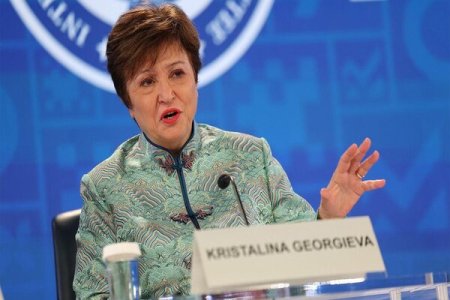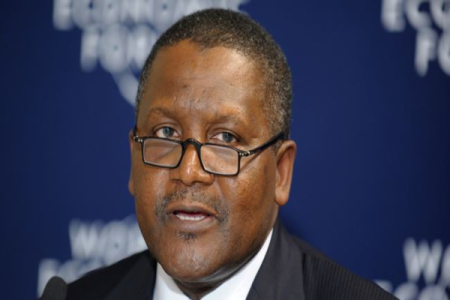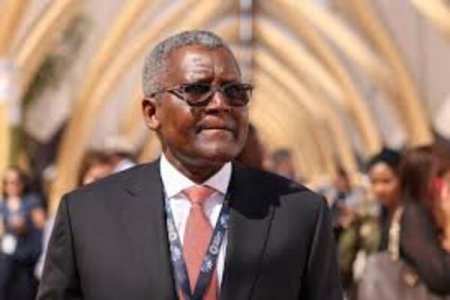
In the face of persistent economic challenges and the ongoing struggle of Nigerians, the International Monetary Fund (IMF) has strongly urged the Federal Government to eliminate subsidies on fuel and electricity. The IMF argues that these subsidies, considered costly and ineffective, should be replaced with targeted social transfers to address the pressing cost-of-living crisis. While recognizing Nigeria's adequate capacity to repay the fund under the baseline, the IMF's Executive Board highlighted the need for strategic policy decisions to navigate potential trade-offs between urgent humanitarian needs and debt service.
The IMF's press statement, following the Post Financing Assessment (PFA), noted that Nigeria's President Bola Tinubu has taken significant structural reforms, including removing fuel subsidies, unifying foreign exchange windows, and initiating fiscal policy and tax reforms. Despite swift recovery from the COVID-19 recession, Nigeria's growth is restrained by the hydrocarbon economy, affecting revenue collection, public investment, and security concerns in the northern regions.
The article explores the complexities of the IMF's recommendations, including the impact of subsidy removal on inflation, exchange rates, and agricultural production. It delves into the government's response to mitigate these effects, such as releasing cereals from the grain reserve, subsidizing fertilizers, capping fuel and electricity prices, and implementing civil service wage awards.
The IMF expresses optimism for a much-improved medium-term outlook if comprehensive reforms are successfully implemented.




